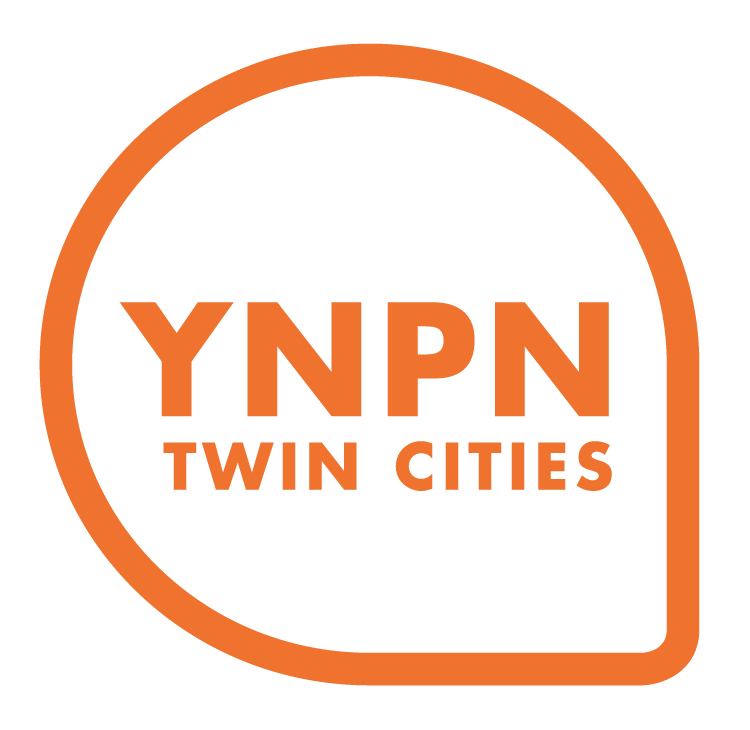Staying Connected While Working for A National, Virtual-Based Nonprofit
by Krista Kaput
At the start of this year, I started my dream job working for a nonprofit that does education policy, evaluation, and strategic advising work around the country. Over the past year, I have done several projects with clients in Ohio, California, Colorado, Tennessee, Rhode Island, Illinois, and Indiana. While the work is incredibly fulfilling, one thing I was worried about in my new role was losing touch. In my previous role, I worked for a Minnesota-based education policy and advocacy nonprofit. Before the pandemic hit in March 2020, I was constantly running from one meeting to the next – Senate and House committee hearings at the Capitol, stakeholder meetings at the Minnesota Department of Education, school tours with educators, and coffee chats with parents and other advocates. And, even in the shift to working from home, the majority of the work that I did was specific to Minnesota and my meetings were with people who lived and worked in the state.
So, when I began my new role, I was afraid that living in Minnesota but doing national work may cause me to lose those personal connections to the work, both locally and nationally. In my first year on the job, I have learned several lessons that have helped to assuage those fears. One of the most important things I have learned is to do my homework. Working for a virtual-based organization means that our clients are all around the country. Prior to any project starting, I make sure to do research on the organization that we are partnering with so I have a good understanding of their organizational structure, mission, vision, values, and what they do.
Furthermore, we will travel to the area where our client is located, depending on the project. If we aren’t able to travel, there is still incredible value in virtual meetings and events that can help foster that connection to the client and project.
For a project in California, I attended a virtual community meeting which gave me invaluable insight into the organization’s policy agenda and work that they do in their community. By doing my homework and attending virtual events, this not only gives me a baseline understanding of who the organization is and what they do, but also aids in developing and cultivating relationships.
Related, I also do background research for every stakeholder interview. A large part of my job is having conversations with leaders who are local to the area where the project is based. Because I do not live in the area, I take great care to do background research - biography, who the person works for, social media accounts, read publications, etc. - on the person who I am speaking with. This allows me to personalize the interviews by asking more tailored questions and maximizes both of our time. It also signals to the stakeholder a level of care, since I took the time to get to know their background and work.
I’ve also learned the importance of doing deep dives into the policies related to the project. For the work I did in Rhode Island, the client wanted me to do a national landscape analysis on teacher licensure and preparation. Prior to starting my national research, I read through their state statutes, reports, and regulations related to those topics and noted areas of strength and improvement. This helped me tailor my research and make more personal recommendations that were specific to Rhode Island, which elevated the quality of my work.
Another essential lesson I have learned is to stay current on the news in the area where the client is based. When I was doing a project with a Tennessee client, I made sure I subscribed to daily news round ups, Tennessee state legislative updates, and also followed relevant Tennessee education leaders on Twitter. In doing so, I was able to stay up-to-date on current events that could impact the work we were doing, and it also helped me produce more high-quality products because I was in-the-know about what was happening on the ground. It also broadened my knowledge, which could be relevant if I were assigned to another Tennessee-based project.
In addition to staying current with what’s happening in the areas where the client is based, I also take time each morning to read about what’s happening nationally in education. Part of my job is insight generation, which means identifying issues and topics that are most relevant and then situating them in the broader landscape. To do this, I have subscribed to national newsletters - Education Week, The74, Education Commission of the States - which provide me with current articles and reports.
And, even though I am doing more national work, I also take the time to maintain my local connections. I worked in Minnesota education policy advocacy for nearly six years and cultivated an amazing network of education colleagues and leaders. The work that they do locally is very much related to what I am doing nationally (and I also care about them as people), so I take the time to still do coffee chats, phone calls, and attend community events.
I may not be physically in as many meetings as I was when I worked for a Minnesota nonprofit, but by doing the work upfront to better understand my client and the work that they do, I am able to stay connected and fulfilled working for a national, virtual-based nonprofit.
- Krista Kaput -


